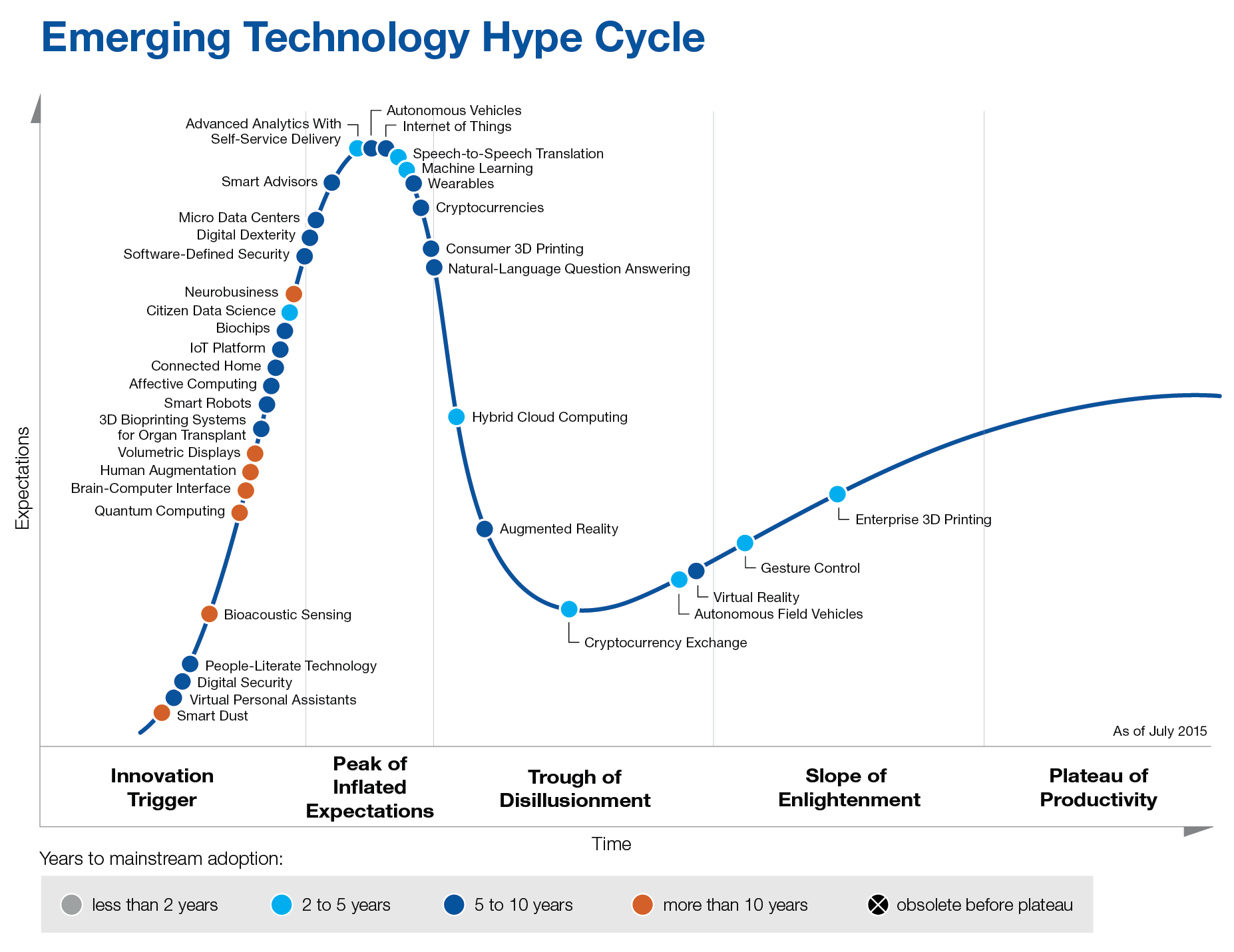Quantum computing, while a marvel of modern physics and engineering, is not a panacea for all computational challenges. Its inherent principles, grounded in the peculiarities of quantum mechanics, determine both the domains where it excels and those where it flounders. Understanding the limitations of quantum computers is crucial for their appropriate application in solving specific problems. This article delves into several areas where quantum computers are not particularly advantageous, providing clarity for stakeholders in academia, industry, and beyond.
Firstly, it is essential to acknowledge that quantum computers, despite their extraordinary potential, are not designed for all types of calculations. Classical computers are still fundamentally superior for a significant range of tasks due to their architecture. For instance, everyday computations, such as basic arithmetic operations and simple data processing tasks, are inefficiently handled by quantum systems. Traditional silicon-based systems are equipped to perform these calculations rapidly and with minimal resource allocation. The overhead associated with initializing, maintaining, and reading from a quantum state often outweighs the benefits of quantum speedups in mundane processes.
Another salient point is the inefficiency of quantum computers in handling tasks that require straightforward, deterministic outputs. Applications involving straightforward algorithms, such as sorting or searching in a linear array, remain the stronghold of classical computers. For instance, classical sorting algorithms like QuickSort and MergeSort exhibit efficient runtimes with well-understood processing complexities. When quantum algorithms are applied to these problems, such as Grover’s algorithm for unstructured search, the improvements derive only logarithmically in nature, which may not justify the complexities introduced by quantum architectures, particularly for small datasets.
Additively, in the realm of resource-intensive machine learning, the nascent state of quantum machine learning algorithms presents another challenge. While certain quantum algorithms do indeed show promise for specific machine learning applications, they often fall short for widely used models and data-intensive processes. Techniques such as deep learning or support vector machines thrive in classical environments due to their reliance on large datasets and batch processing, which current quantum systems cannot efficiently harness. Therefore, classical systems continue to dominate use cases in areas like image recognition or natural language processing, where extensive training data and established methodologies take precedence over nascent quantum approaches.
Moreover, representation of classical data remains problematic in quantum computing. Quantum systems operate inherently on quantum bits, or qubits, which exhibit superposition and entanglement. Conversely, most existing data types such as integers, floats, and strings are inherently classical. The transformation of this classical data into quantum representations introduces additional complexity, often resulting in higher operational costs and limiting performance. As such, applications reliant on classical data formats—including numerous software programming tasks—are better served by traditional computing solutions.
Furthermore, the installation and operational maintenance of quantum computers entail significant challenges that are less pronounced in classical systems. Quantum hardware is demanding in terms of environmental conditions; extreme cooling and isolation from electromagnetic interference are essential for their performance. This level of meticulous requirement makes quantum computers impractical for conventional commercial use where reliability and robust uptime are paramount. Industries that require continuous operations, like finance and telecommunications, would not benefit from the pervasive instability associated with quantum susceptibilities.
In addressing security and cryptography, the anticipated advantages of quantum computers present paradoxes. While they may someday threaten existing encryption schemes through Shor’s algorithm, presently, they are not ideal for generating secure keys or performing cryptographic functions. Classical systems, with their maturity in security measures and proven cryptographic protocols, remain a safer choice for communications and information exchange. The cryptographic landscape still leans toward classical methodologies, suggesting that quantum systems may take a back seat in this domain for the foreseeable future.
Additionally, quantum computing lacks the capability for general-purpose computations. Unlike classical systems, which have been optimized for a myriad of tasks from gaming to scientific simulations, quantum computers necessitate specific algorithmic frameworks for each problem type. They thrive predominantly in discrete optimization or quantum simulation tasks that exploit their unique capabilities, but they do not effortlessly translate to more generalized computational requirements. This narrow applicability inherently limits their utility in diverse environments where classical systems already excel.
Lastly, the philosophical implications of quantum computing’s limitations extend into ethical and sociocultural realms. For instance, the introduction of quantum efficiency in sectors such as healthcare could exacerbate existing socioeconomic disparities. Without careful governance, reliance on advanced quantum technologies may yield advantages primarily to those with access to the requisite resources, entrenching inequities rather than promoting widespread benefits. In this regard, the societal frameworks should be as rigorously analyzed as the technological capacities themselves.
In conclusion, while quantum computers represent a remarkable stride in computational technology, they are not universally applicable solutions across the spectrum of computational challenges. Their limitations in basic arithmetic, deterministic tasks, specific data representations, maintenance requirements, cryptographic functions, general-purpose computations, and ethical implications paint a comprehensive picture of their operative confines. Awareness and understanding of these limitations will allow researchers, developers, and industry leaders to navigate the landscape of quantum computing judiciously, utilizing this formidable technology within its optimal scope.












